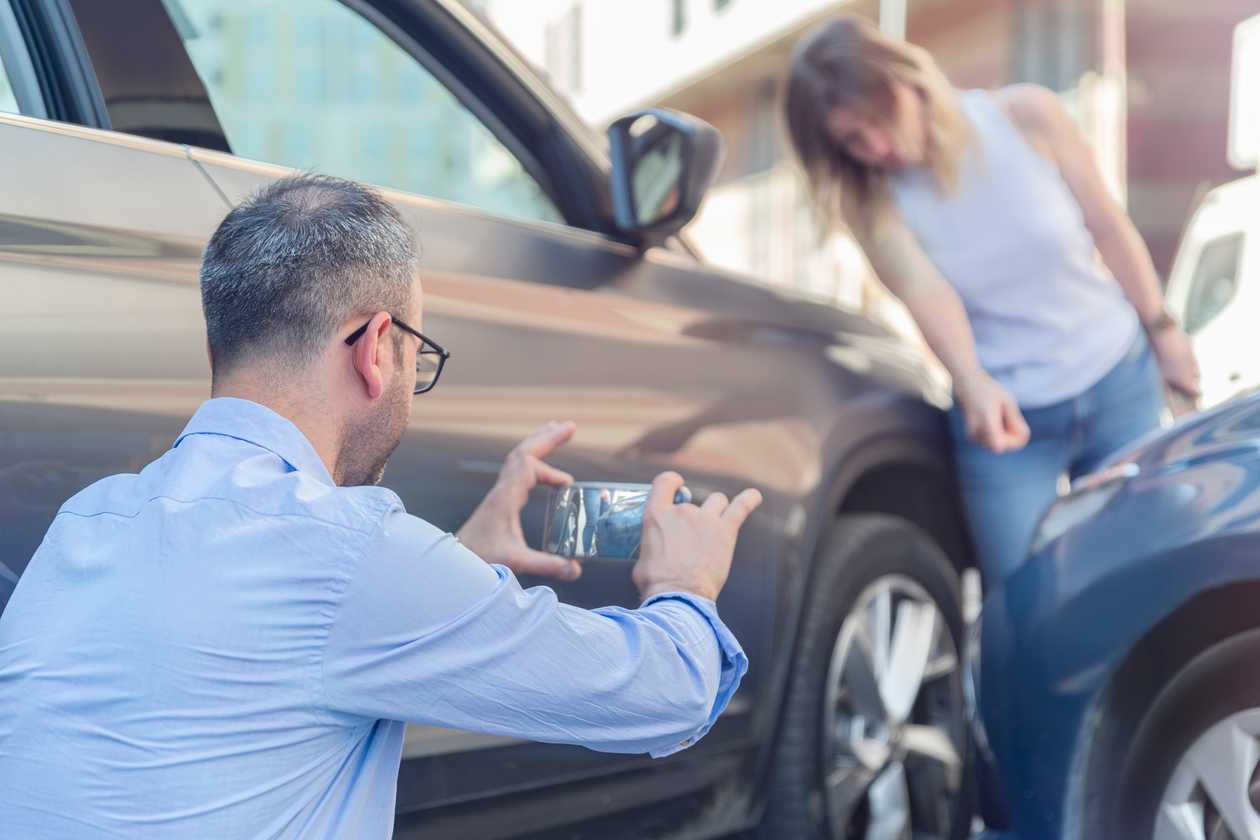The two most common terms you hear when talking about car insurance are “liability only” and “full coverage”. Liability only is exactly what it sounds like. When someone chooses this route, they only have the minimum coverage. In Texas, this is all that is required.
When people use the term “full coverage” they usually mean that they have liability, collision, and comprehensive coverage. Most insurance agents dislike the term full coverage because it can give a false sense of security to their clients.
When people hear “full coverage” it gives the impression that no matter what happens to you or your vehicle, your insurance will pick up the bill. The problem here is that insurance policies can vary between carriers. Some carriers including USAA Insurance will offer things like rental car reimbursement, while others will add it on with an endorsement (for an added cost).
Let’s look at some items that may be included with some carriers, but are extra endorsements with others. Most of these will be optional and come with an added cost.
Table of Contents
Medical Payments and Personal Injury Protection (PIP)
Medical payments coverage (often called MedPay) pays for the driver’s and passenger’s medical expenses, which have been the result of an accident. MedPay will pay for these injuries regardless of who is at fault for the accident. This coverage usually covers injuries that you sustain while driving another person’s car. In most cases, MedPay will only cover health insurance deductibles and copays within one year of the accident.
Personal Injury Protection or PIP coverage is similar to MedPay but covers a bit more. PIP pays for medical expenses and lost wages for you and your passengers who are injured in an accident, again, regardless of fault. PIP covers the insured, any passengers in the vehicle at the time of the accident, and any driver with permission to drive the vehicle. PIP pays 80% of lost wages as the result of the accident. In many cases, PIP will also assist with the payment of essential services that the injured party performs for their household (lawn care, childcare, etc.).
In Texas, insurance carriers must provide $2500 in PIP. You do have the option of increasing this coverage amount or rejecting it. Rejecting the coverage may lower your premium but could be costly if there is an accident.
Rental Car Reimbursement
Rental car reimbursement coverage provides you with a replacement vehicle when your vehicle is unavailable due to a covered loss. This coverage does NOT pay for a vehicle that you rent voluntarily when on vacation or under any other circumstance.
In most cases, rental car reimbursement coverage is written as two numbers like $50/$1500. The first number is the daily allowance. This means you would have $50 a day toward a rental car. If you decided to upgrade to a car that is $60 per day you would be responsible for the additional $10. The second number is the maximum amount per incident. In this case, you would have $1500 total to use. In this example, your time with the rental car would be a maximum of 30 days.
Most carriers will require that you have collision and/or comprehensive coverage to add rental car reimbursement.
Glass Coverage
In most cases, damage to the glass on your vehicle is covered by your comprehensive coverage. However, it is also subject to the comprehensive deductible that you have chosen. If you have a broken windshield, it may cost $300-500 to replace.
If your comprehensive deductible is $1000 it would not make sense to file a claim. As a result, you would have to pay that $300-500 out of pocket. Most companies offer an endorsement for glass coverage that will either reduce or eliminate the deductible for a glass-only claim.
Accident Forgiveness
Some carriers will allow you to add accident forgiveness to your policy. This endorsement will prevent your rates from increasing due to an at-fault accident. Each company will have its own terms and conditions for this coverage.
New Care Replacement
Many carriers offer a new car replacement endorsement. This coverage will adjust the settlement in a total loss to an amount that allows you to get the current model year version of your vehicle. This coverage usually has stipulations on the age and mileage of your vehicle. Check with your agent for specifics.
OEM Replacement Parts
OEM or original equipment manufacturer parts are those that are designed and manufactured by the same company that manufactured your car (Ford, Honda, Chevrolet, etc.). These parts are generally higher quality than third-party replacement parts that are used by somebody shops. However, they also come with a higher cost.
As a result, companies like Citizensinsurance.net will use third-party parts to repair your vehicle after an accident. This coverage will ensure that the body shop only uses OEM parts to repair your car.
Towing and Roadside Assistance
Towing and roadside assistance coverage are meant to help you when something unexpected happens. Most companies include jump starts, tire changes, and gas delivery in the roadside assistance package. Some will also cover lock-out service to open your car up if the keys are locked inside. Towing is included for a set number of miles per use that is determined by the carrier. Most companies will have an app and/or 800 number for you to call when assistance is needed.

